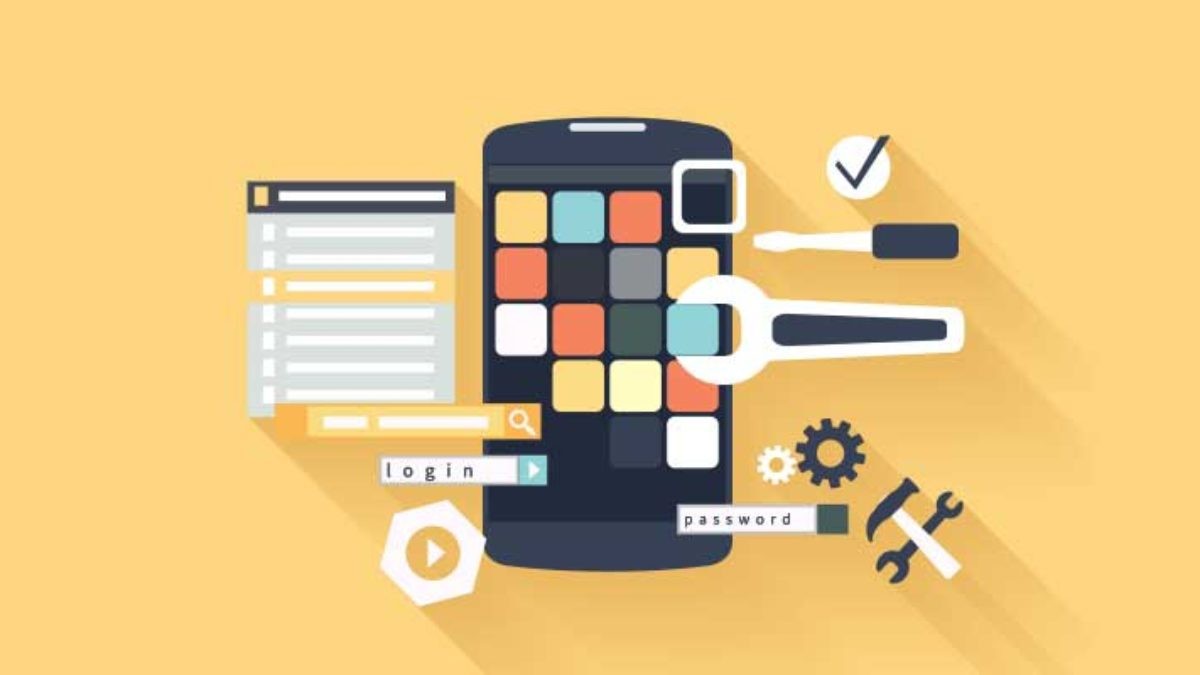
In 2024, Android app development continues to evolve at a rapid pace. The demand for innovative, user-friendly applications has pushed developers to leverage cutting-edge tools and resources that streamline the app development process and enhance productivity. Whether you’re part of an Android app development company or looking to hire Android app developer services, staying updated with the latest tools is essential. This blog dives into the top tools and resources Android developers should use in 2024 to create powerful and engaging apps.
Top Tools and Resources for Android App Developers in 2024
1. Android Studio: The Developer’s Backbone
No list of Android development tools is complete without mentioning Android Studio. As Google’s official IDE for Android development, it provides an all-in-one environment to design, code, debug, and deploy Android applications.
Key Features:
- Intelligent code editor with auto-complete and syntax highlighting
- Built-in emulator for testing apps on various Android devices
- Support for Jetpack Compose for modern UI development
- Tools for profiling performance, battery usage, and more
Whether you’re an experienced developer or just starting out, Android Studio remains indispensable for any Android app development company.
2. Jetpack Compose: Simplified UI Development
Jetpack Compose has revolutionized the way developers create user interfaces for Android apps. Its declarative approach makes UI design faster and more intuitive.
Why Use Jetpack Compose?
- Reduces boilerplate code compared to XML-based layouts
- Real-time UI previews help visualize changes instantly
- Integrates seamlessly with existing Android projects
If you plan to hire Android app developer services, ensure they are proficient in Jetpack Compose for creating sleek and modern UIs.
3. Firebase: Comprehensive App Support
Firebase, a Google-backed platform, offers an array of tools that simplify app development and management. From backend services to analytics and performance monitoring, Firebase covers it all.
Features:
- Realtime database and Firestore for cloud data storage
- Authentication modules for quick user login setups
- Crashlytics for real-time crash reporting and app health monitoring
- In-app messaging and A/B testing for better user engagement
For startups and small businesses, partnering with an Android app development company skilled in Firebase can accelerate the app development process while reducing overhead costs.
4. Gradle: Powerful Build Automation
Gradle is the backbone of Android project builds. It helps developers manage dependencies, configure builds, and optimize performance.
Why Developers Use Gradle:
- Highly customizable build scripts
- Built-in support for multi-module projects
- Integration with popular CI/CD pipelines for automated deployment
Using Gradle effectively ensures that your app builds are smooth, efficient, and free from compatibility issues.
5. Kotlin: The Preferred Programming Language
Kotlin has become the official programming language for Android development, preferred over Java due to its concise syntax and modern features.
Benefits of Kotlin:
- Null safety to avoid common runtime errors
- Coroutines for better asynchronous programming
- Fully interoperable with Java
If you’re looking to hire Android app developer, ensure they are proficient in Kotlin as it is the future of Android app development.
6. App Testing Tools: Ensuring Quality
Thorough testing is crucial for any Android application. The following tools are essential for ensuring your app meets quality standards:
Espresso
Espresso is a native testing framework that simplifies UI testing. Developers can write tests that mimic user interactions to ensure the app behaves as expected.
JUnit
JUnit is a widely used testing framework for unit testing in Android. It helps ensure your app’s components function correctly.
BrowserStack
BrowserStack enables cross-device testing, ensuring your app works seamlessly on various Android devices and operating system versions.
An experienced Android app development company will use these tools to ensure your app is reliable, user-friendly, and bug-free.
7. GitHub and GitLab: Version Control and Collaboration
Version control systems like GitHub and GitLab are essential for collaborative app development.
Why Use Version Control?
- Tracks changes in code, enabling rollback if needed
- Facilitates team collaboration with pull requests and code reviews
- Integrates with CI/CD pipelines for automated testing and deployment
If you’re managing a team of developers or outsourcing to an Android app development company, ensure they leverage version control systems to maintain code quality and transparency.
8. APIs and SDKs: Adding Advanced Features
Integrating APIs and SDKs allows developers to add advanced features to their apps without building them from scratch. Some popular APIs and SDKs in 2024 include:
- Google Maps API: For location-based services
- OpenAI API: For incorporating AI-powered features like chatbots and recommendations
- Stripe SDK: For seamless payment gateway integration
When you hire Android app developer, ensure they have experience with the APIs and SDKs relevant to your app’s needs.
9. Design Tools: Crafting Exceptional User Experiences
Figma
Figma has become a favorite among designers for creating wireframes and prototypes. Its collaborative features allow developers and designers to work together seamlessly.
Adobe XD
Adobe XD is another excellent tool for designing app interfaces. It provides features for prototyping, user testing, and integration with other Adobe tools.
A polished UI/UX design can make or break your app’s success, so partnering with an Android app development company with design expertise is a wise move.
10. Community Resources: Staying Updated and Learning
Staying connected with the Android development community can help you stay updated on the latest trends and solve problems faster.
Stack Overflow
Stack Overflow is the go-to platform for developers seeking solutions to coding challenges.
Subreddits like r/androiddev are excellent for discussing Android development trends and best practices.
Android Developers Blog
Google’s official blog keeps developers informed about updates, new features, and best practices.
11. AR/VR Development Tools
With AR and VR gaining traction, tools like ARCore and Unity are essential for creating immersive experiences.
ARCore
Google’s ARCore platform enables developers to add augmented reality features to their Android apps.
Unity
Unity is a game development engine that also supports AR and VR app development.
If you’re planning an AR/VR project, partnering with an experienced Android app development company is crucial for success.
12. Marketing and Monetization Tools
Once your app is developed, the next step is marketing it effectively. Tools like Google AdMob and App Annie can help you monetize and analyze your app’s performance.
Google AdMob
AdMob allows you to integrate ads into your app, generating revenue while providing a seamless user experience.
App Annie
App Annie offers insights into app performance, market trends, and user engagement, helping you optimize your marketing strategy.
Conclusion
The Android development ecosystem is rich with tools and resources designed to simplify and enhance the app creation process. Whether you’re building an app in-house or planning to hire Android app developer services, leveraging the right tools can make a significant difference in the app’s quality and success.
An experienced Android app development company will combine expertise with these advanced tools to deliver innovative, user-friendly applications tailored to your business needs. By staying updated with the latest trends and continuously improving your toolkit, you can ensure your Android app stands out in the competitive market of 2024.
By focusing on the tools mentioned above, developers and businesses can achieve their Android app development goals effectively and efficiently.



